20-year US war in Afghanistan was a 'strategic failure': Gen. Milley
US Secretary of Defense Lloyd Austin and Mark Milley, the chairman of the Joint Chiefs of Staff, have been summoned to Congress to testify on American military forces' humiliating defeat in Afghanistan.
The top Pentagon officials were grilled by members of Congress on Tuesday for the defeat in Afghanistan ending America’s longest war which began in the aftermath of the 9/11 attacks.
The US invaded Afghanistan in October 2001 following the September 11, 2001 attacks on the United States, despite the fact that no Afghan national was involved in the attacks. Hundreds of thousands of Afghans died in the US war of aggression on the country.
American forces occupied the country for about two decades on the pretext of fighting against the Taliban. But as the US forces left Afghanistan, the Taliban stormed into capital Kabul, weakened by continued foreign occupation.
In his first congressional testimony before the Senate Armed Services Committee members on Tuesday, Miley called the war in Afghanistan a “strategic failure”.
“There’s no way else to describe that," he added.
He noted that possibly the US military’s biggest failure was to make the Afghan military overly dependent on an American presence and technology.
Milley refused to say what advice he gave to the president on the matter; however, he said he believed the US should have kept several thousand troops in the country to prevent the Taliban takeover that happened faster than forecast “The enemy is in charge in Kabul,” he concluded in a blunt assessment of the outcome of the 20-year war in Afghanistan.
Meanwhile, Austin told the Senate Armed Services Committee members that the Afghan army's sudden collapse caught the Pentagon off-guard as he acknowledged US miscalculations in the war.
"The fact that the Afghan army we and our partners trained simply melted away – in many cases without firing a shot – took us all by surprise," Austin told Congress, putting the blame on the Afghans.
He said the Trump administration's 2020 Doha negotiations with the Taliban, who failed to honor nearly all of their commitments, had damaged the Afghan armed forces' morale.
Milley confirmed that the Doha agreement with the Taliban was detrimental to the morale of Afghan government forces that showed little resistance after the US military’s humiliating pullout.
"The Doha agreement did negatively affect the performance of the Afghan forces," McKenzie said.
Also present at the session, Gen. Frank McKenzie, who oversaw the withdrawal as head of US Central Command (CENTCOM), agreed that the Trump administration’s deal with the Taliban negatively affected the morale and performance of Kabul’s forces.
McKenzie will join Austin and Miley when they appear before the House Armed Services Committee again on Wednesday.
McKenzie said he agreed with Milley’s earlier assessment that the war in Afghanistan was a “strategic failure”. He also declined to say what he had recommended to the president of the matter.
Top generals contradict Biden
Gen. McKenzie and Gen. Milley told lawmakers on Tuesday that they had recommended 2,500 US troops remain in Afghanistan, contradicting comments made by President Biden earlier this year.
They acknowledged during the public congressional testimony that they agreed with the recommendation of Miller that 2,500 troops be left in the country, though they denied to detail what they advised Biden directly.
“I won’t share my personal recommendation to the president, but I will give you my honest opinion, and my honest opinion and view shaped my recommendation. I recommended that we maintain 2,500 troops in Afghanistan. And I also recommended earlier in the fall of 2020, that we maintain 4,500 at that time. Those are my personal views,” McKenzie told the Senate Armed Services Committee on Tuesday under questioning from Sen. James Inhofe (Okla.), the panel’s top Republican.
McKenzie said it had been his view that the full US withdrawal would lead to the collapse of Afghan forces and government.
Both Republican and Democrat lawmakers have criticized US President Joe Biden for the messy pullout from Afghanistan.
Biden, however, responded that it was unavoidable.
He said he remained confident in the Pentagon generals despite their deadly conduct in Afghanistan.
In an August interview, Biden told ABC News that it had not been possible to leave Afghanistan without chaos, as the Americans pleaded with the victorious Taliban to allow safe passage for people to flee.
Biden and the Pentagon leaders remain under intense scrutiny for the chaotic exit of the military from Afghanistan and the failure to provide a safe passage for US citizens and some Afghans from Kabul.
‘Since 2001, every Afghan death by US military was wrongful’
American journalist Don DeBar recently said, “In my mind, the death of each and every person killed by any military associated with the US since 2001 inside Afghanistan should be reported as a wrongful death.”
“The US invasion of Afghanistan was illegal. The US occupation of Afghanistan was illegal. Each and every death of every Afghan citizen, military or civilian, and anyone else who died as a consequence of the US invasion and occupation, whether directly by US forces or by the forces of their allies, was an illegal killing (or, more simply, a murder),” he commented to Press TV.
Araghchi slams World Economic Forum for canceling his invitation
Iran condemns Argentina’s unfounded accusations against IRGC
VIDEO | Fighting British state
Pezeshkian calls recent riots in Iran part of ‘failed’ US-Israeli war
VIDEO | Iran unity nullifies sedition
UK ‘preemptively’ discharges pro-Palestine hunger strikers recovering in hospital
US dollar falls in Iran amid rising export currency supply
Trump’s ‘Board of Peace’ for Gaza an extension of Israeli occupation: Ex-UN rights chief


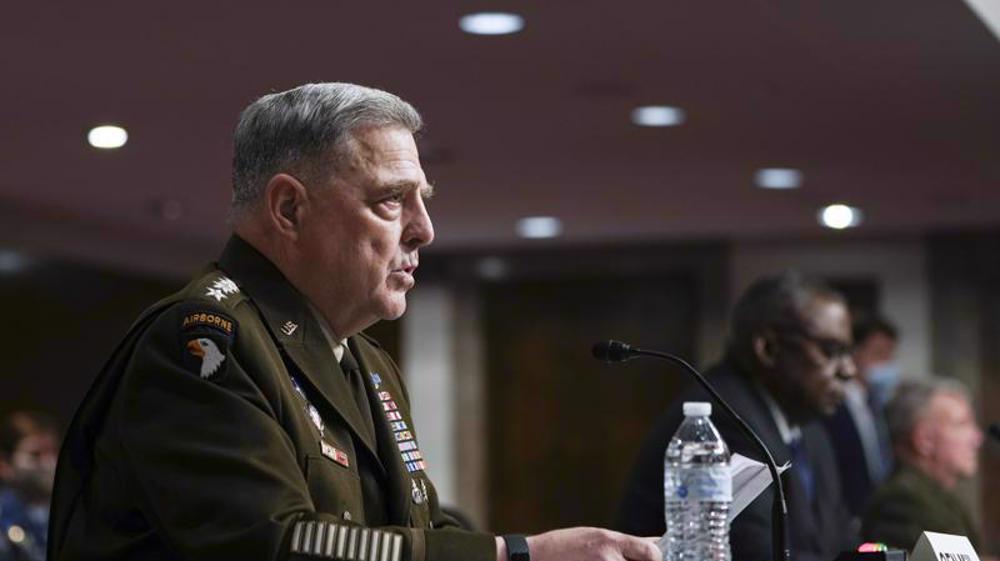
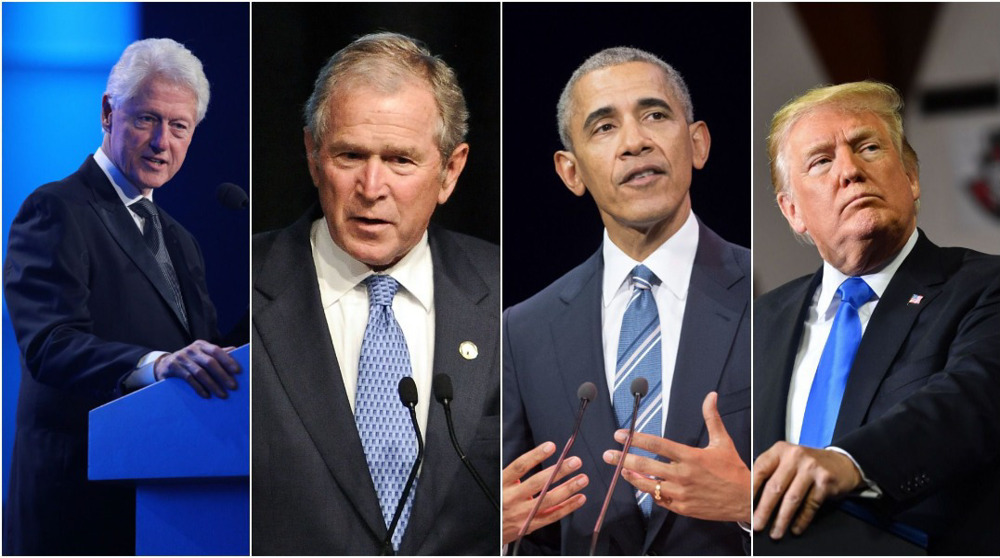
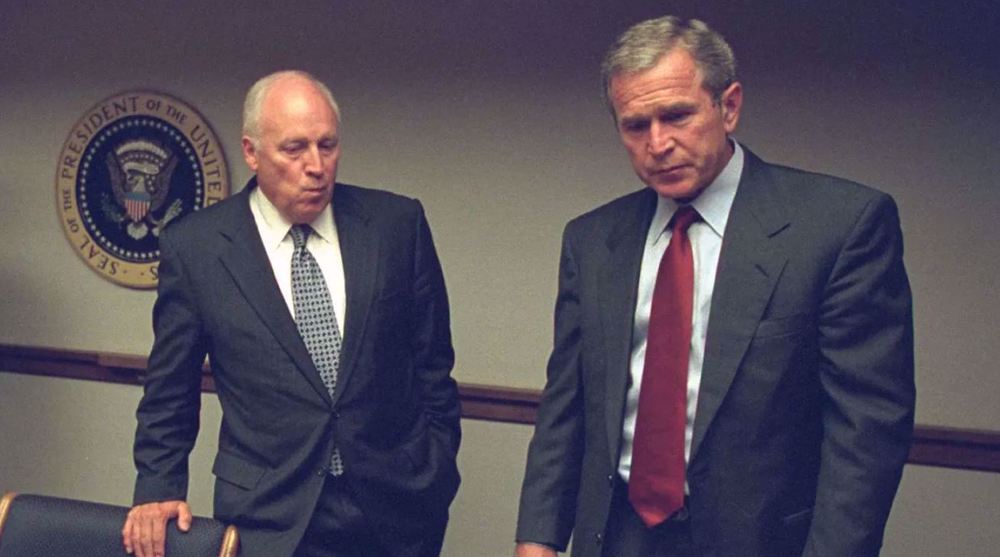
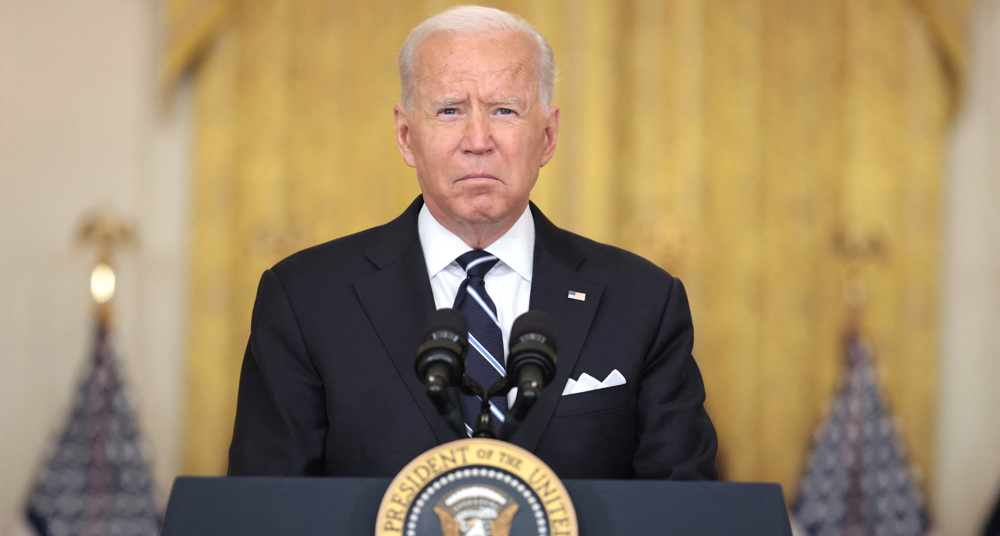
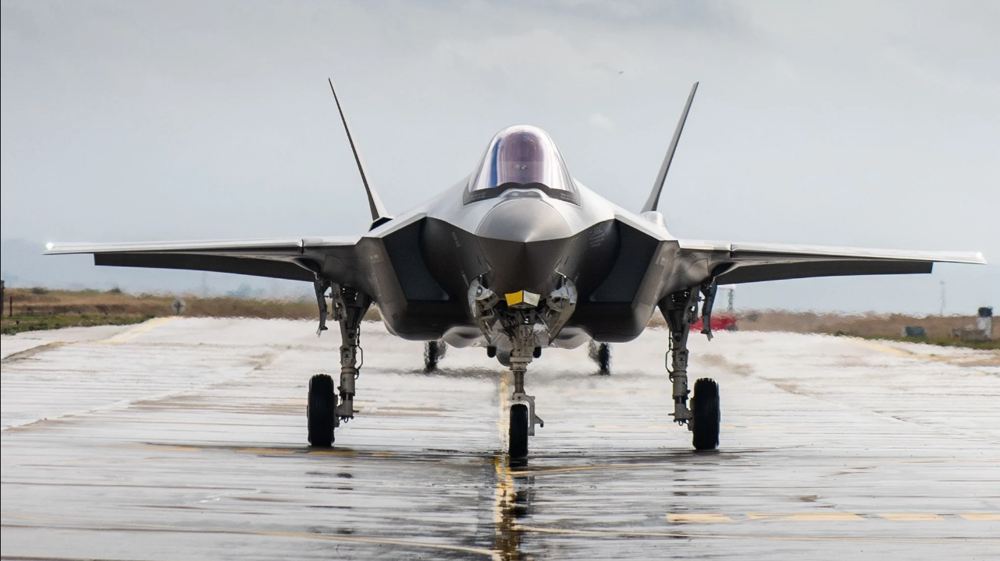
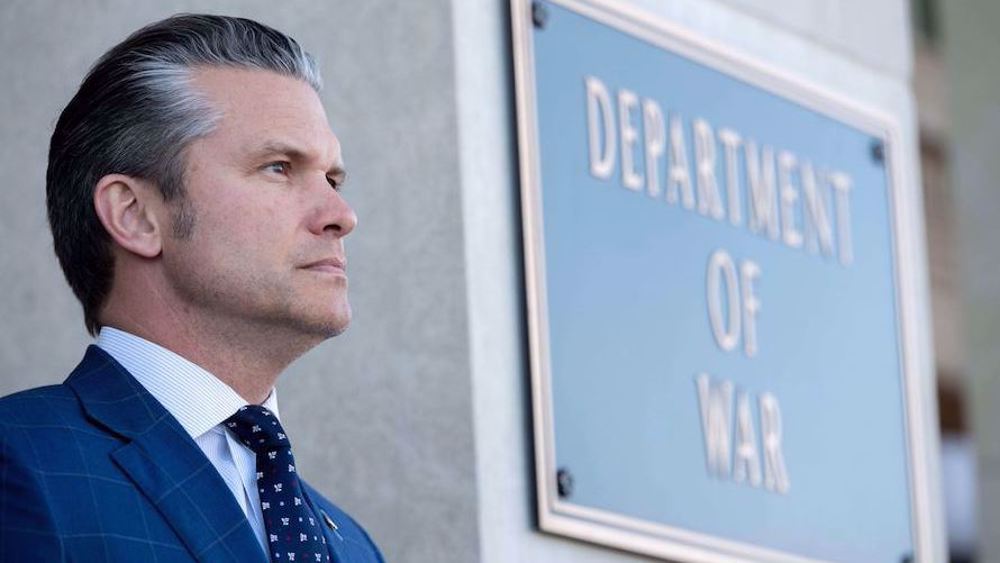
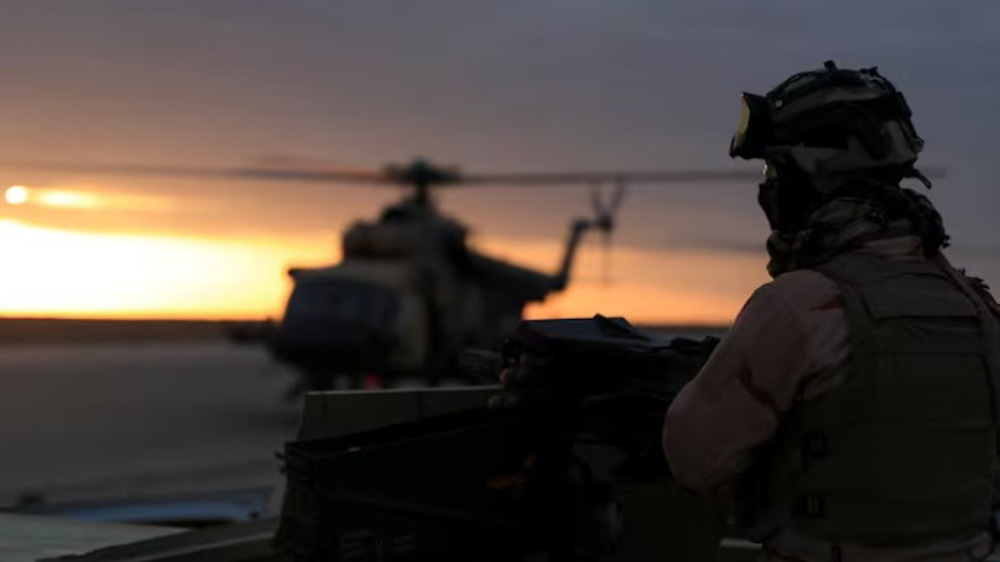



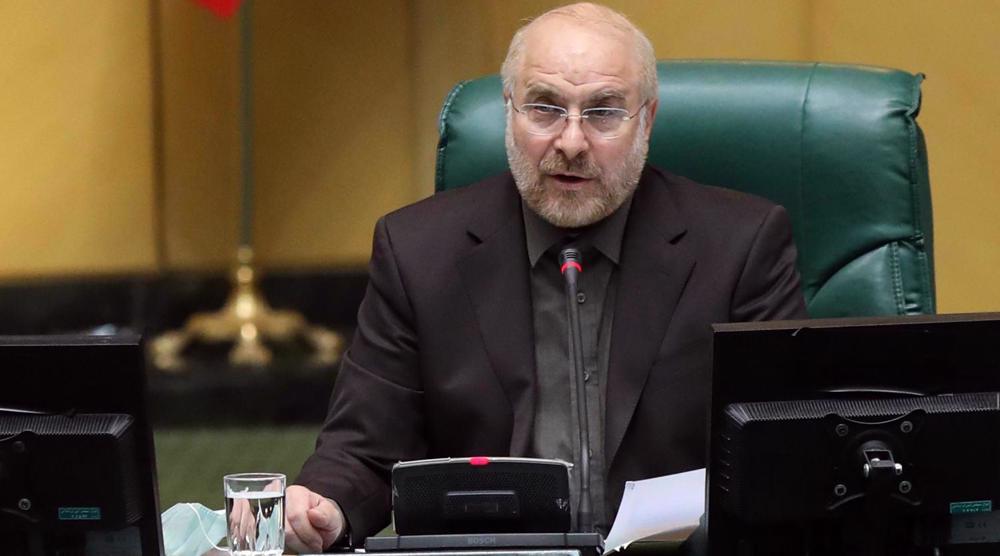
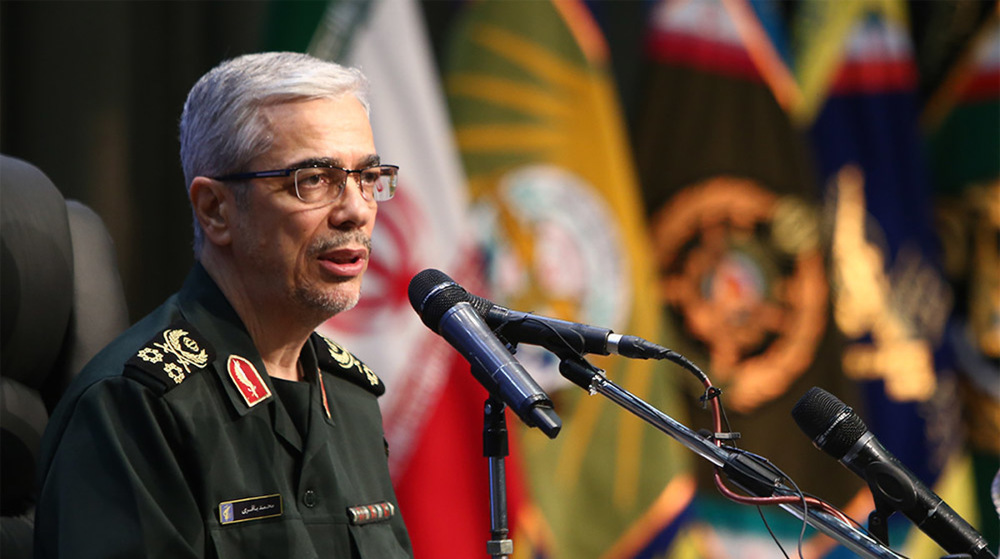
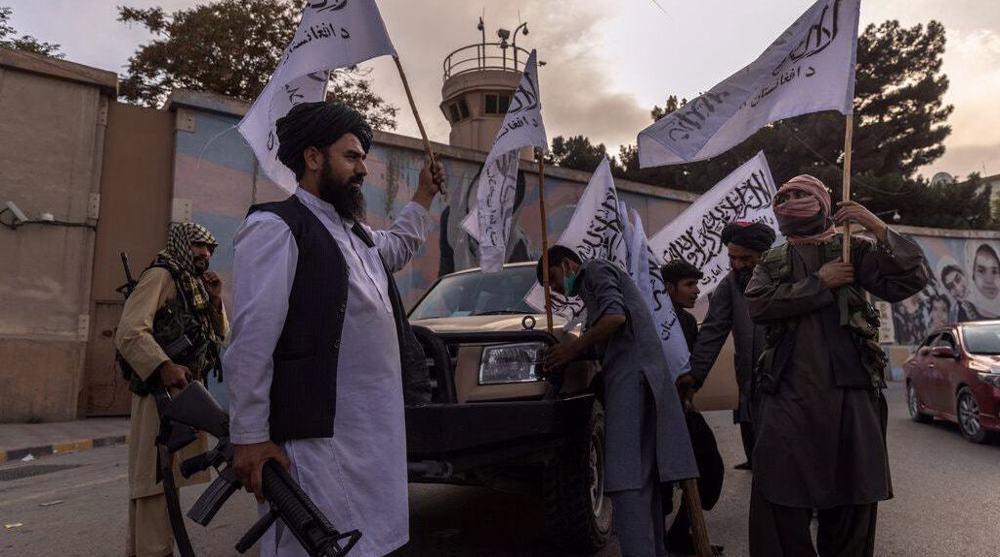
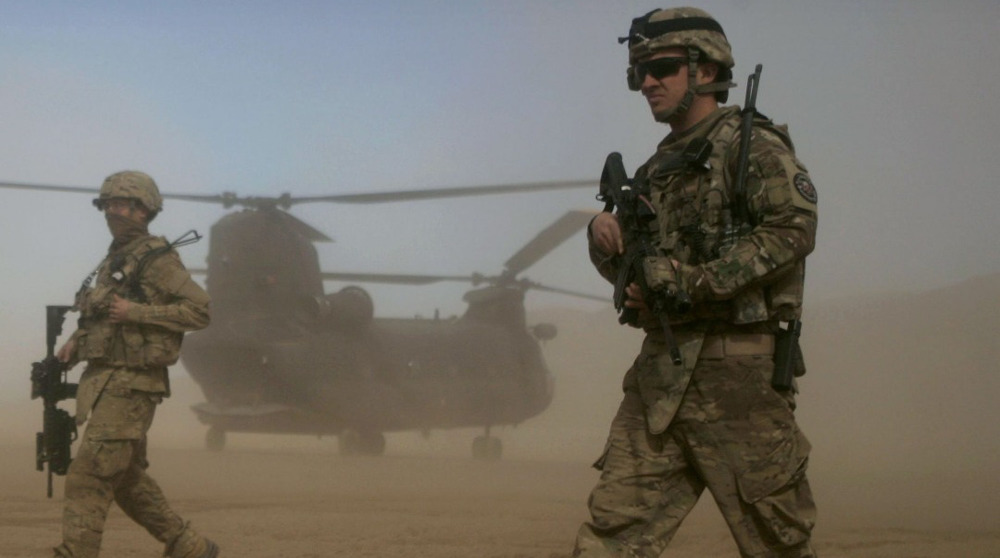

 This makes it easy to access the Press TV website
This makes it easy to access the Press TV website